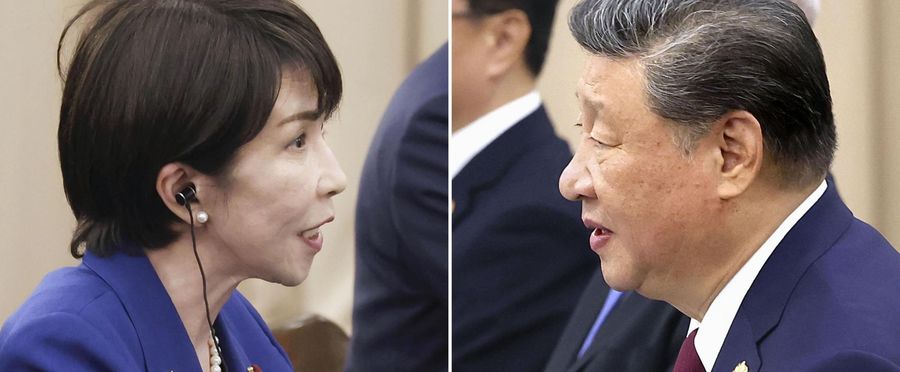Chinese President Xi Jinping has recently heightened tensions in Japan, by taking a robust stance towards the historical issues with Taiwan. This move is perceived as a direct counter-measure to Japan, which shares a complicated relationship with both Taiwan and China. While it is unclear what Jinping's specific criticisms are, the impact is felt in Japan's political and diplomatic circles as it potentially disrupts the already delicate East Asia power balance.
Historical disputes have always played a substantial role in shaping Japan's relations with its Asian neighbors, most especially China. Often, these disputes revolve around issues of war retrospection and territorial claims. The new criticism from Xi Jinping is likely fueling discussions in Japan about its post-war role, its current diplomatic strategy, and its responsibility to East Asian neighbors, ultimately influencing Japan's political dynamics.
In the context of the US and EU, such historical disputes are less prevalent as world war retrospection often reflects a different narrative. However, geopolitical tensions do exist, as evidenced by Russia's relationship with Ukraine and its impact on EU diplomacy. Similar to Japan, these issues demand a delicate balance between past acknowledgments, present diplomacy, and future partnerships.

